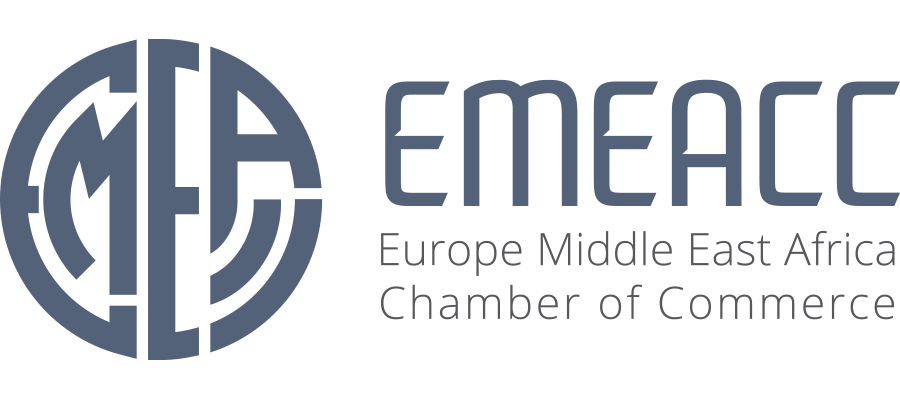Boards are required by law to exercise due diligence in ensuring that an organization achieves its objectives and has a sound strategy and does not fall into legal or financial issues. However, the manner in which boards are involved in these responsibilities can differ greatly and is dependent on the circumstances of the business.
Boards often commit best virtual technologies for corporations the blunders of becoming too involved in operational issues that should be left to management or they are unclear about their legal obligations for decisions and actions made on behalf of an organisation. This confusion is often caused by a failure to keep up with the changing demands on boards, or the unanticipated problems like financial crises and resignations of staff. Most of the time, this can be remedied by taking time for discussions about the challenges facing directors and providing them with instructions and a simple set of documents.
Another common blunder is when the board makes the decision to delegate too much power and not examine the matters it has given to others. (Except for the tiniest NPOs). In this instance the board is no longer able to perform its evaluation function and not be able to determine whether these operating activities add up to satisfactory performance for the entire organization.
The board also needs to develop an effective governance system, including how it will interact with the general manager or CEO. This includes determining how the board will meet regularly, how members will be chosen and removed and how decisions will be made. The board also needs to develop information systems that are able to provide accurate information about its past and future performance in order to assist in making its decisions.
